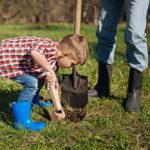Russian verbs used with the Genitive
The list of common Russian verbs often used with the Genitive case.
Some of the verbs take the Genitive case without any preposition, others require a preposition in front of the noun or a pronoun to be used with the Genitive case.
Please note that not all of the given examples illustrate the use of the Genitive case with the verbs.
Learn more about the Genitive case here.
to demand, to request, to require; to call for
-
Большинство́ фу́нкций на́шего са́йта не тре́буют како́й-ли́бо регистра́ции и́ли идентифика́ции.
bal'-sheenst-vó fúnk-tseeî ná-shee-va sáî-ta nye tryé-bu-yut ka-kóî-lée-ba ree-geest-rá-tsee-ee ée-lee ee-den-tee-fee-ká-tsee-ee
Most of the features of our site do not require any registration or identification.
to get, to achieve; to obtain, to win
to (try to) get, to obtain, to achieve, to reach; to secure; to strive for; to seek after
-
Изве́стно мно́жество приме́ров, когда́ вели́кие лю́ди добива́лись успе́ха лишь по́сле того́, как находи́ли своё призва́ние.
eez-vyés-na mnó-zheest-va pree-myé-raf, kag-dá vee-lée-kee-ye lyú-dee da-bee-vá-lees' us-pyé-ha leesh' pós-lye ta-vó, kak na-ha-dée-lee sva-yó preez-vá-nee-ye
There are many examples when great people achieved success only after they found their calling.
to touch, to concern, to apply
to feel / be shy / self-conscious / embarrassed; to hesitate
to languish, to pine, to die of, to be wearied
to dig out, to dig up
-
С наступле́нием за́морозков расте́ние выка́пывают из земли́, обреза́ют ко́рни и помеща́ют в горшо́к.
s nas-tu-plyé-nee-yem zá-ma-ras-kaf ras-tyé-nee-ye vy-ká-py-va-yut eez zeem-lée, ab-ree-zá-yut kór-nee ee pa-mee-schá-yut v gar-shók
With the onset of frost, the plant is dug out of the ground, its roots are cut off, and it is placed in a pot.
to take a ride or exercise by moving on something; to roll
to go down, to come down; to descend
-
Мы стоя́ли на са́мой высо́кой то́чке горы́, собира́ясь спуска́ться вниз, как вдруг услы́шали лай на́шей соба́ки.
my sta-yá-lee na sá-maî vy-só-kaî tóch-kye ga-rý, sa-bee-rá-yas' spus-ká-tsa vnees, kak vdruk us-lý-sha-lee laî ná-sheî sa-bá-lee
We were standing at the highest point of the mountain, about to go down, when suddenly we heard the barking of our dog.
-
 Arts and crafts
Arts and crafts
26 words
-
 Basic Russian
Basic Russian
80 words
-
 Birds in Russian
Birds in Russian
9 words
-
 Body parts in Russian
Body parts in Russian
38 words
-
 Business Russian
Business Russian
17 words
-
 Calling names
Calling names
26 words
-
 Car and its parts
Car and its parts
12 words
-
 Character
Character
78 words
-
 Chores and housework
Chores and housework
28 words
-
 Christmas and New Year
Christmas and New Year
13 words
-
 Clothes
Clothes
23 words
-
 Colors
Colors
19 words
-
 Computers and internet
Computers and internet
13 words
-
 Cooking
Cooking
22 words
-
 Cosmos
Cosmos
7 words
-
 Crime and Punishment
Crime and Punishment
20 words
-
 Daily actions in Russian
Daily actions in Russian
80 words
-
 Describing people in Russian
Describing people in Russian
20 words
-
 Directions
Directions
11 words
-
 Easy Russian
Easy Russian
47 words
-
 Eating in Russian
Eating in Russian
33 words
-
 Emotions in Russian
Emotions in Russian
83 words
-
 Epithets
Epithets
57 words
-
 Face expressions
Face expressions
7 words
-
 Family in Russian
Family in Russian
20 words
-
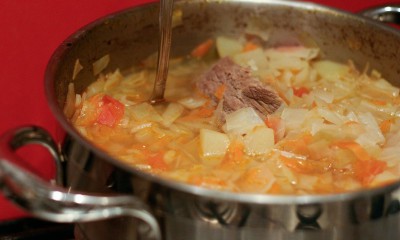 Food in Russian
Food in Russian
32 words
-
 Furniture
Furniture
11 words
-
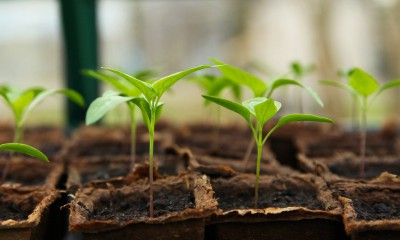 Gardening
Gardening
27 words
-
 Grooming
Grooming
15 words
-
 Hard Russian words
Hard Russian words
15 words
-
 Health
Health
36 words
-
 Hobbies and activities
Hobbies and activities
33 words
-
 Holidays and celebrations
Holidays and celebrations
25 words
-
 House and apartment
House and apartment
45 words
-
 Introductory words and questions
Introductory words and questions
10 words
-
 Love and marriage
Love and marriage
45 words
-
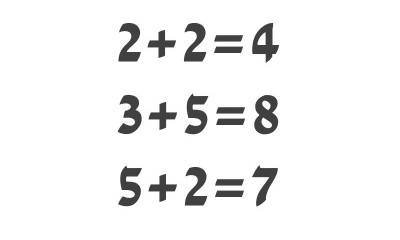 Math in Russian
Math in Russian
28 words
-
 Money and prosperity
Money and prosperity
20 words
-
 Most common Russian verbs
Most common Russian verbs
31 words
-
 Most common Russian words
Most common Russian words
22 words
-
 Nature in Russian
Nature in Russian
34 words
-
 Physical qualities
Physical qualities
39 words
-
 Places in Russian
Places in Russian
12 words
-
Professions
5 words
-
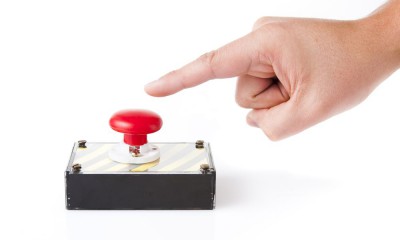 Random Russian words
Random Russian words
144 words
-
 Relationships
Relationships
173 words
-
 Russian expressions
Russian expressions
72 words
-
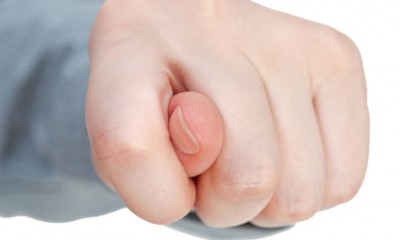 Russian slang
Russian slang
13 words
-
 Shopping in Russian
Shopping in Russian
42 words
-
 Simple movements
Simple movements
66 words
-
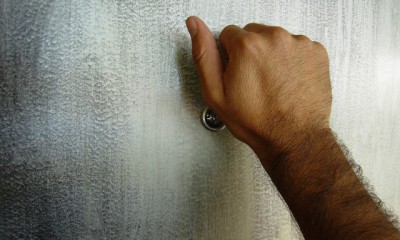 Sounds
Sounds
9 words
-
 Spirituality
Spirituality
6 words
-
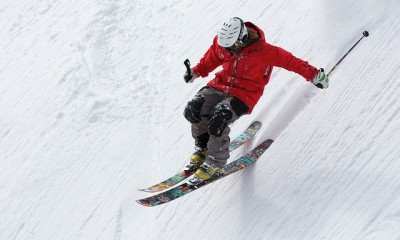 Sport in Russian
Sport in Russian
34 words
-
 Studies
Studies
43 words
-
 Symbols of Russia
Symbols of Russia
16 words
-
 Tastes
Tastes
13 words
-
 Things around us
Things around us
24 words
-
 Time
Time
31 words
-
 Tools in Russian
Tools in Russian
9 words
-
 Transport
Transport
30 words
-
 Travel
Travel
22 words
-
 Verbs of motion
Verbs of motion
17 words
-
 Weather in Russian
Weather in Russian
25 words
-
 Work
Work
57 words
Survival Russian
Start learning Russian with this essential vocabulary that will help you to remove the first bricks from your language barrier.
Russian words for beginners
Essential Russian words and phrases for those who already started but still need to catch up a lot of vocabulary.
Intermediate Russian
Russian words and expressions for those who already speak a little Russian and want to have smoother Russian conversations.
Advanced Russian
Russian words and phrases for those who already speak Russian good enough to want to sound like a native speaker.









